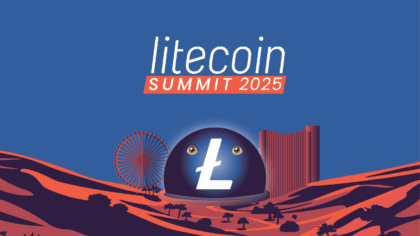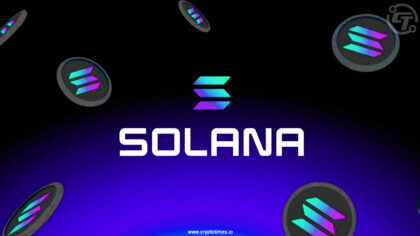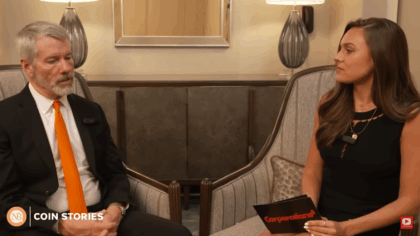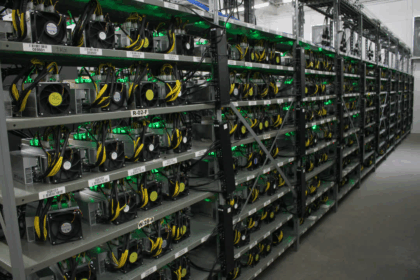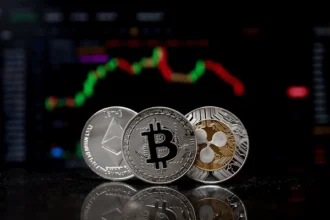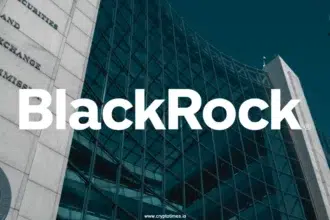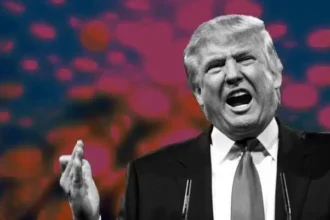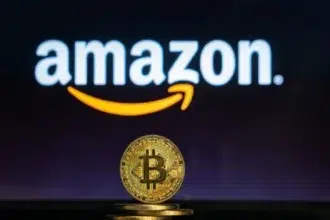Hamster Kombat, the breakout game on the TON blockchain, is preparing to execute the largest airdrop in crypto history. Since its launch in March this year, the game has garnered attention from over 240 million players worldwide. As the airdrop nears, a pressing question arises: What might the speculative price of $HMSTR tokens be post-airdrop?
Hamster Kombat’s developers have announced a unique approach to token distribution. A significant 60% of the total $HMSTR token supply will be allocated to players, ensuring that the majority of the tokens go to those who actively engage with the game. The remaining 40% will be reserved for market liquidity, ecosystem partnerships, grants, and other strategic uses.
In a bold move, the team has rejected investment from venture capital firms, reflecting its dedication to creating a community-centric ecosystem and to reduce the risk of exit liquidity and aligns with the project’s goal of fostering a player-driven market.
In this article, we will discuss the tokenomics of Hamster Kombat, its upcoming airdrop and the possible conversion rate once players receive their respective $HMSTR tokens.

Conversion of Hamster points into $HMSTR tokens
The conversion of in-game “points” into $HMSTR tokens is central to the airdrop process. While the exact conversion ratio has not been officially disclosed, speculation suggests a model similar to the recent NOTCOIN conversion, which used a 1000:1 ratio. In the NOTCOIN model, 10 million points were exchanged for 10,000 NOTCOINS, implying that Hamster Kombat might employ a comparable conversion ratio for its tokens.
Assuming a 1000:1 conversion ratio, players with 5 million profit per hour ( PPH ) could potentially receive 5,000 $HMSTR tokens. Because, it’s important to note that the actual conversion will be based on Profit Per Hour (PPH) rather than the total coin balance. This introduces additional complexity and variability into the token allocation process.
How to determine value of $HMSTER tokens?
To scale the potential value of $HMSTR tokens, we can examine different market capitalization scenarios:
- At a $1 Billion Market Cap: With a total token supply of 10 billion, a $1 billion market cap would translate to a token price of $0.10. Consequently, 5000 $HMSTR tokens could be worth $500.
- At a $100 Million Market Cap: In this scenario, the price per $HMSTR would decrease to $0.01. Thus, 5000 tokens would have a value of $50.
- At a $10 Million Market Cap: If the market cap falls to $10 million, the price per $HMSTR could be around $0.001, making 5000 tokens worth $5.
The actual conversion of points into $HMSTR tokens will hinge on the Profit Per Hour (PPH) metric within the game. This means that the value players receive will be influenced by their in-game earnings rather than just the number of points they hold. Consequently, the final token distribution and value may deviate from these speculative estimates based on the NOTCOIN model.
As the airdrop date nears, the precise value of $HMSTR tokens will become clearer. The final value will be significantly influenced by the game’s performance and how the market reacts. The project’s commitment to a community-driven token distribution, combined with the lack of traditional investor involvement, has the potential to create a more stable and sustainable token economy.
Conclusion
In summary, while the exact conversion ratio and token value are still speculative, Hamster Kombat’s player-first approach hints at a distinctive and engaging market dynamic. As more details unfold, how will players navigate the evolving landscape? The future value of $HMSTR will hinge on ongoing player engagement and the project’s success in sustaining a fair and vibrant ecosystem. Will this unique model create a thriving token economy, or will unforeseen challenges reshape?
Also Read: Hamster Kombat Announces Airdrop Size Tied to Keys



